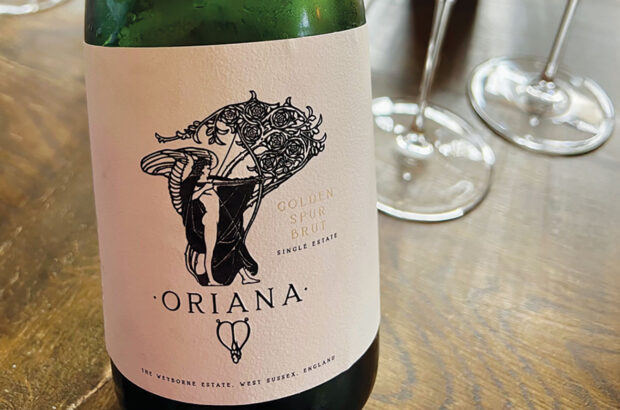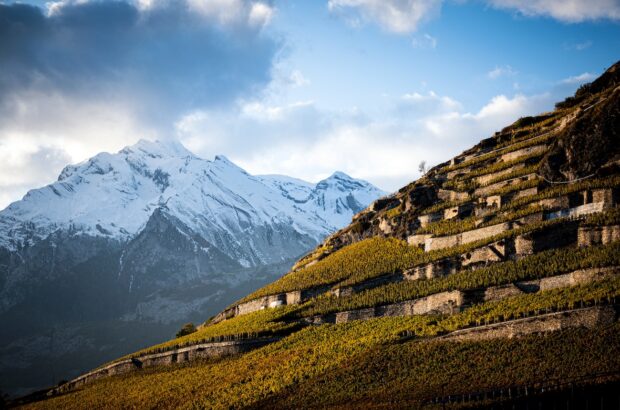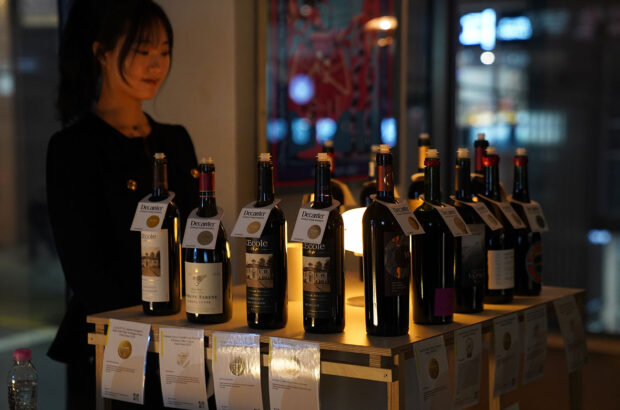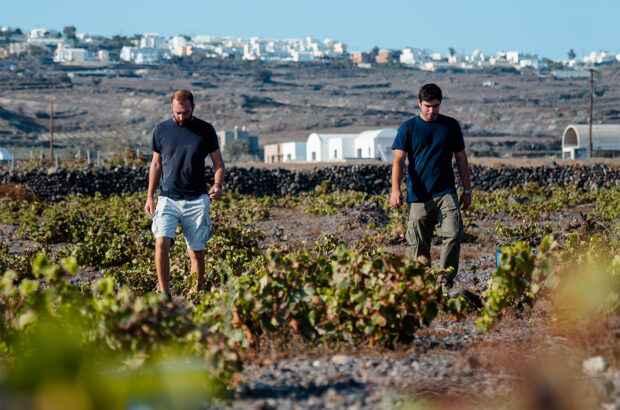Craftsmanship, talented winemaking and state-of-the-art cellar equipment play an essential role in the production of Marqués de Riscal’s award-winning wines. But the foundations of all the work, and the company’s core philosophy, is the value and care placed in the vineyards. It is there, in each plant and grape, that the quality and character of the wines has its beginning and the full potential of each bottle is harnessed.
Marqués de Riscal has a total of 890 ha under vine (350 in Rueda and 540 in Rioja) and is one of the wineries in the world with a more significant stock of old vines. This investment in land and vines, some of which historical, is informed by the understanding that the best wines can only be made with the finest quality fruit, and that to produce the best grapes their parent vineyards need to be tended to with both expertise and respect.
In Rueda, all the vineyards owned by Marqués de Riscal have been certified organic since 2018 – an effort led by the belief that vines managed under sustainable practices are better able to face natural challenges (and more so when climate change is putting plants under ever more pressure) and express the character of terroir in a purer way. The vines become more adaptive, resilient and, by developing a healthier metabolism and more complex root system, able to extract the nutrients in the soil in a more efficient way. Ultimately, these vines produce fruit which is much more expressive of its time and place. This natural transformation has become apparent in the evolution of the Marqués de Riscal Sauvignon Blanc over the past vintages, its texture and aromatics conveying the success of the viticultural practices.
Likewise, in Rioja, the identity of Marqués de Riscal is determined by the Tempranillo and Graciano vines, both those under direct ownership and those property of the hundreds of small growers with whom the company has worked with for generations. Most of the vines are over 80 years old, delivering low yields of complex, concentrated fruit. Marqués de Riscal is developing a program to maintain and preserve this incredible heritage, by reviving traditional regenerative agriculture practices. In parallel, the effort has begun to convert all area under vine to organics, with 300 ha already certified – Marqués de Riscal is yet the largest organic producer in Rioja Alavesa, with 25% of the region’s organic vineyards.
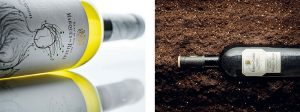
Marqués de Riscal Sauvignon Blanc, from the company’s own organic vineyards (left); Barón de Chirel Verdejo Viñas Centenarias, hailing from pre-phylloxera vines over one hundred years old (right)
Preserving this portfolio of old vines is no less than a collective responsibility as they are a living historical record. In Aldeanueva del Codonal and Aldehuela (Segovia) centennial bush vines grow on their own rootstock, having resisted the phylloxera blight. The hand harvested fruit of these pie franco plants goes into the production of the Barón de Chirel Verdejo Viñas Centenarias, a wine whose elegance underscores its historical relevance.

Barón de Chirel, from 80 to 110 year-old vines
The imprint of old plants in the wines they produce cannot be underestimated: they impart complexity, concentration, outstanding integration of oak and lees work, and poised ageing potential. This can be seen and tasted, year on year, in each bottle of the Reservas XR and Barón de Chirel. These wines are the prime examples of the success of the research and development efforts Marqués de Riscal has invested to improve viticultural practices, particularly tailored to old vines. Of particular note are the grafting techniques, designed to preserve the best plant material while reducing the risk of trunk, viral and bacterial diseases.
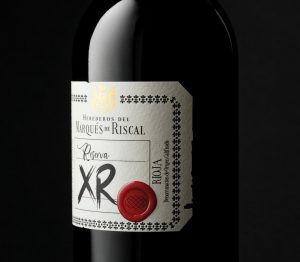
XR, from vines aged 40 years and more
Wine is not merely a product. It is a snippet of history in each glass, a piece of time and landscape encapsulated in liquid form. Being part of this magic is not a job, it is a work of passion that starts in the vineyard and is justified by each plant that survives through the generations.



